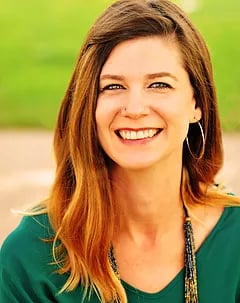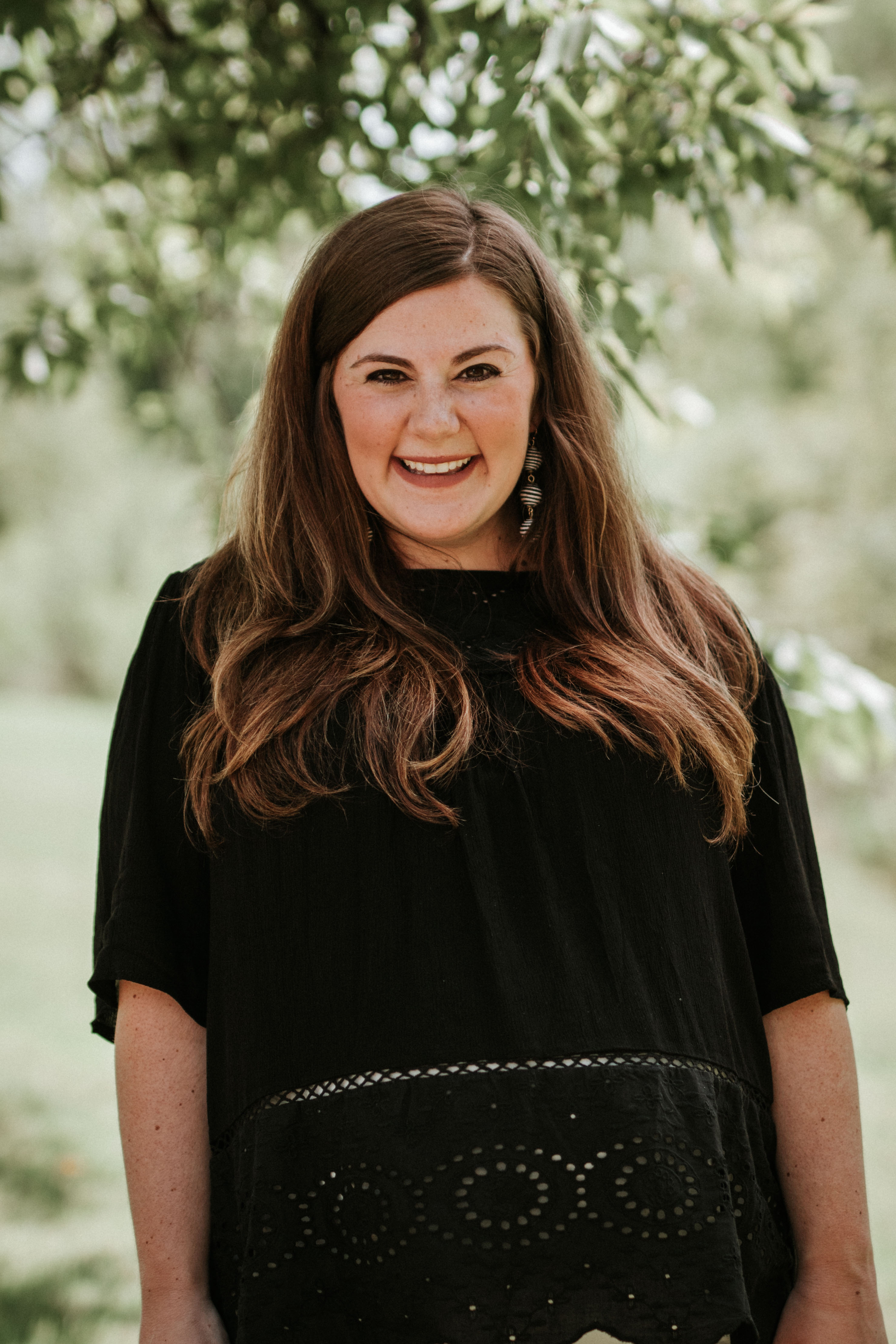As Gladney’s staff reviews a case file for a child who has been in the Foster Care System we see that the average child in foster care has moved on average about 8 times before they find permanency through adoption.
It makes my heart drop because I know those faces.
When I worked as a Forensic Interviewer at a Child Advocacy Center we had children who were removed from dangerous situations and brought to our center on a daily basis. I remember seeing the confusion, fear and the feelings of isolation on faces of children of all ages. When I came to Gladney to work in a professional's role in the adoption process, the case files and transitions were very similar to the children I served. I know it’s an inevitable experience for children from hard places but there has to be a way to make the transitions easier, safer and more empowering for the children in our care.
 Robyn Gobbel serves as a therapist for children who are adopted or in foster care and she knows these statistics and discomfort all too well. From her experience serving these children and their families she created a training called Transition and Grief in Foster Care and Adoption. Robyn’s goal in creating this training was to look at the statistics and address empowering ways to ease incredibly difficult transitions in a child’s life. Robyn’s training will cover the neurobiology behind why transitions are difficult and what we as adults can do to lessen the trauma of the grief and transitions as well as how to have hard, vulnerable and authentic communication with the youngest of children.
Robyn Gobbel serves as a therapist for children who are adopted or in foster care and she knows these statistics and discomfort all too well. From her experience serving these children and their families she created a training called Transition and Grief in Foster Care and Adoption. Robyn’s goal in creating this training was to look at the statistics and address empowering ways to ease incredibly difficult transitions in a child’s life. Robyn’s training will cover the neurobiology behind why transitions are difficult and what we as adults can do to lessen the trauma of the grief and transitions as well as how to have hard, vulnerable and authentic communication with the youngest of children.
The second part of Robyn’s training will bring attention to the loss dynamic that adoptee’s and foster children experience. Grief is inherent, although when and how children experience, express, and process their grief varies substantially. When parents, professionals, therapists and other helpers honor the grief inherent in foster care and adoption and understand the complexities of their losses, we open ourselves up to being more fully present for children to process their grief. This workshop will cover the losses inherent in foster care and adoption, grief related to adoption (including ambiguous loss), understanding why children grieve for abusive and neglectful families, supporting children through big, confusing, and overwhelming feelings, and how to notice if our own feelings may be being triggered and preventing us from being fully present for children.
Join us on October 3, 2019 to learn how to empower the children and professionals in your life to support our youngest and most vulnerable population. We look forward to creating practice change alongside Robyn! Register below today.







